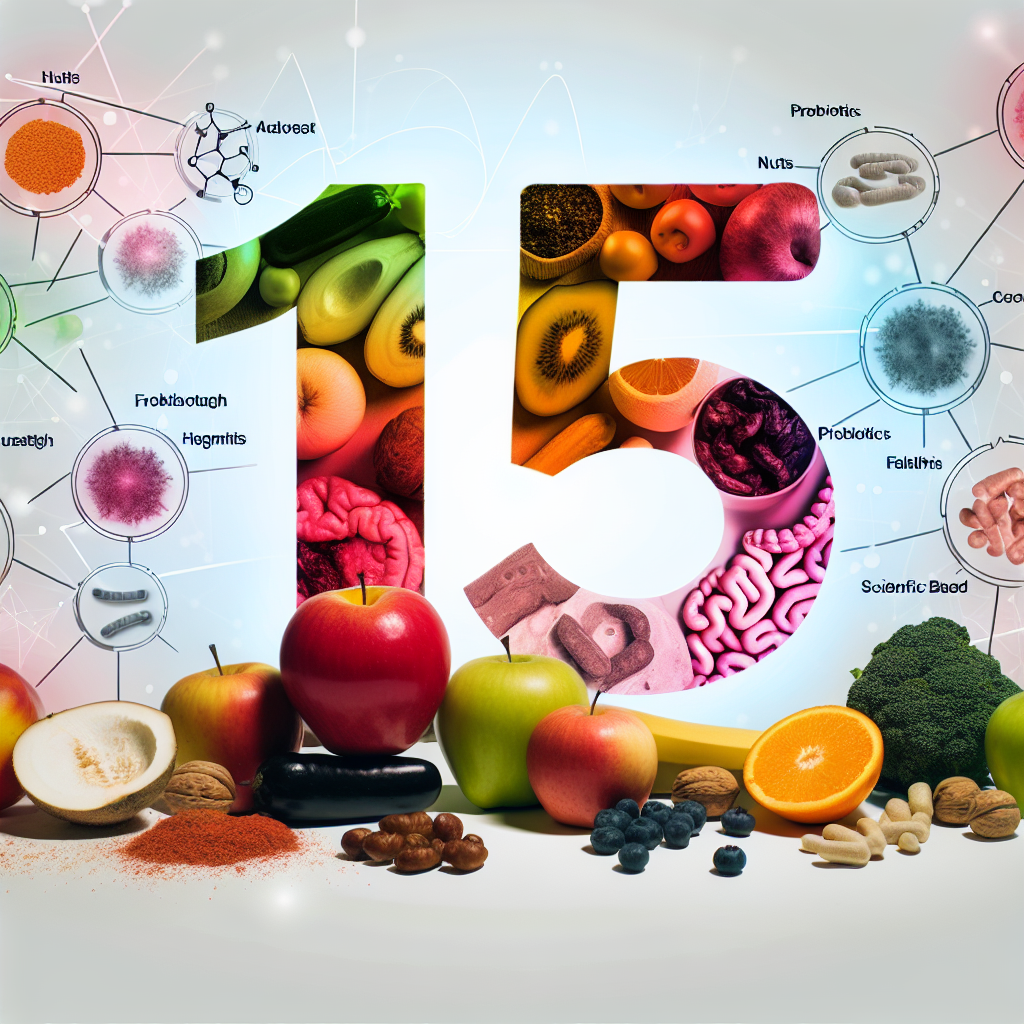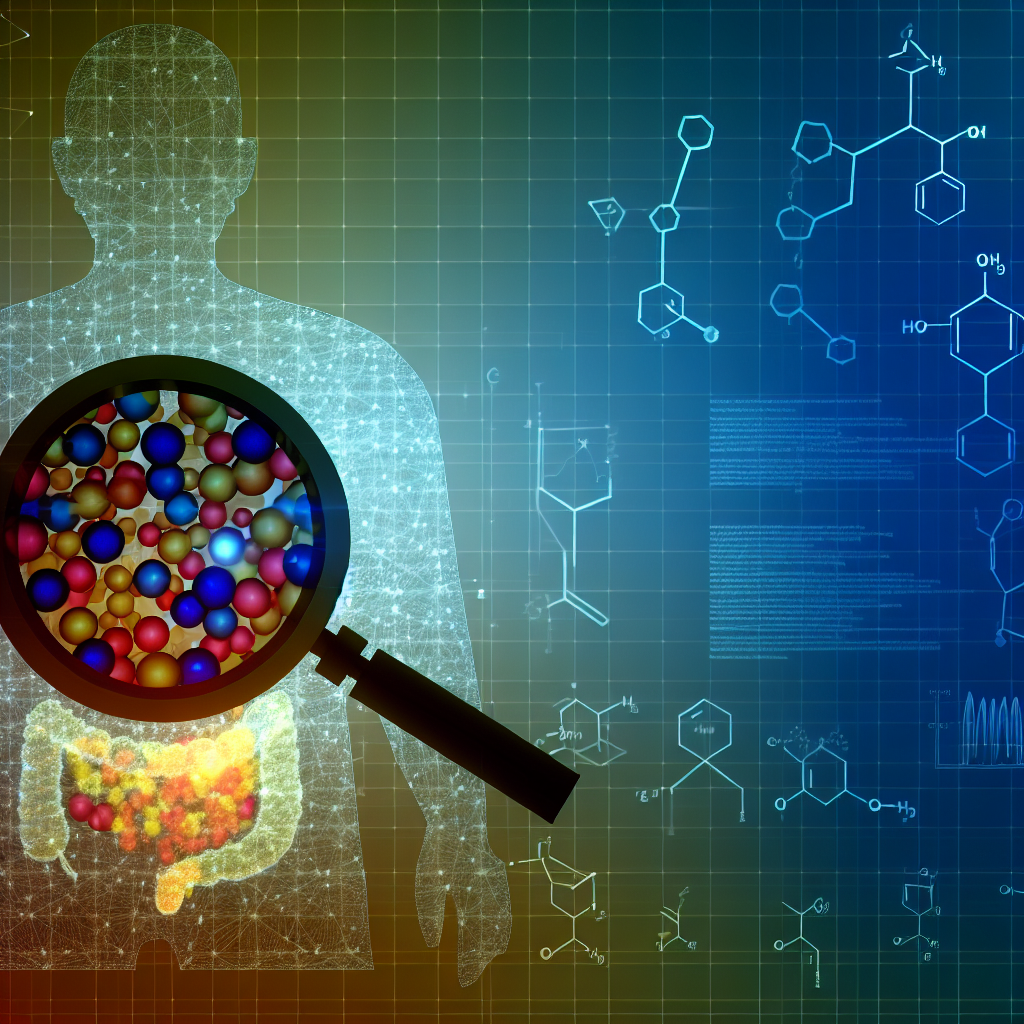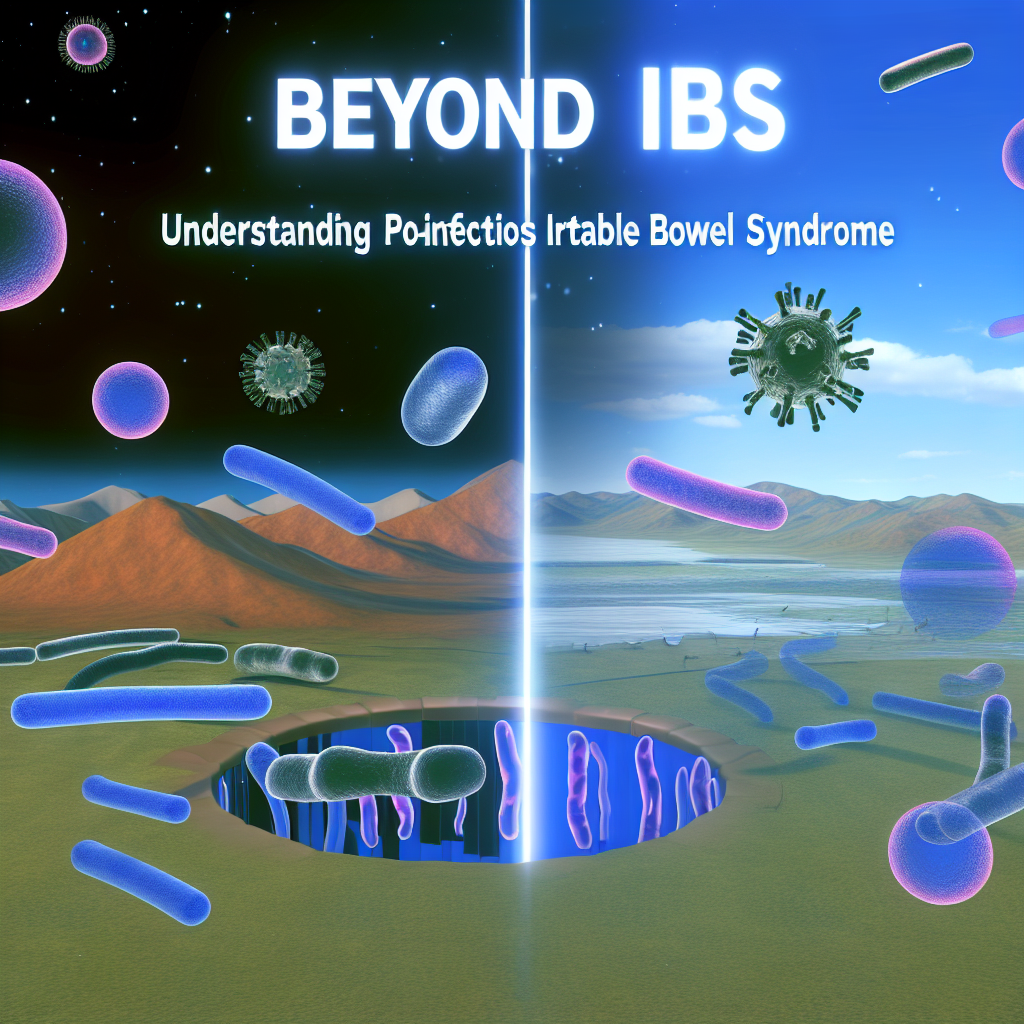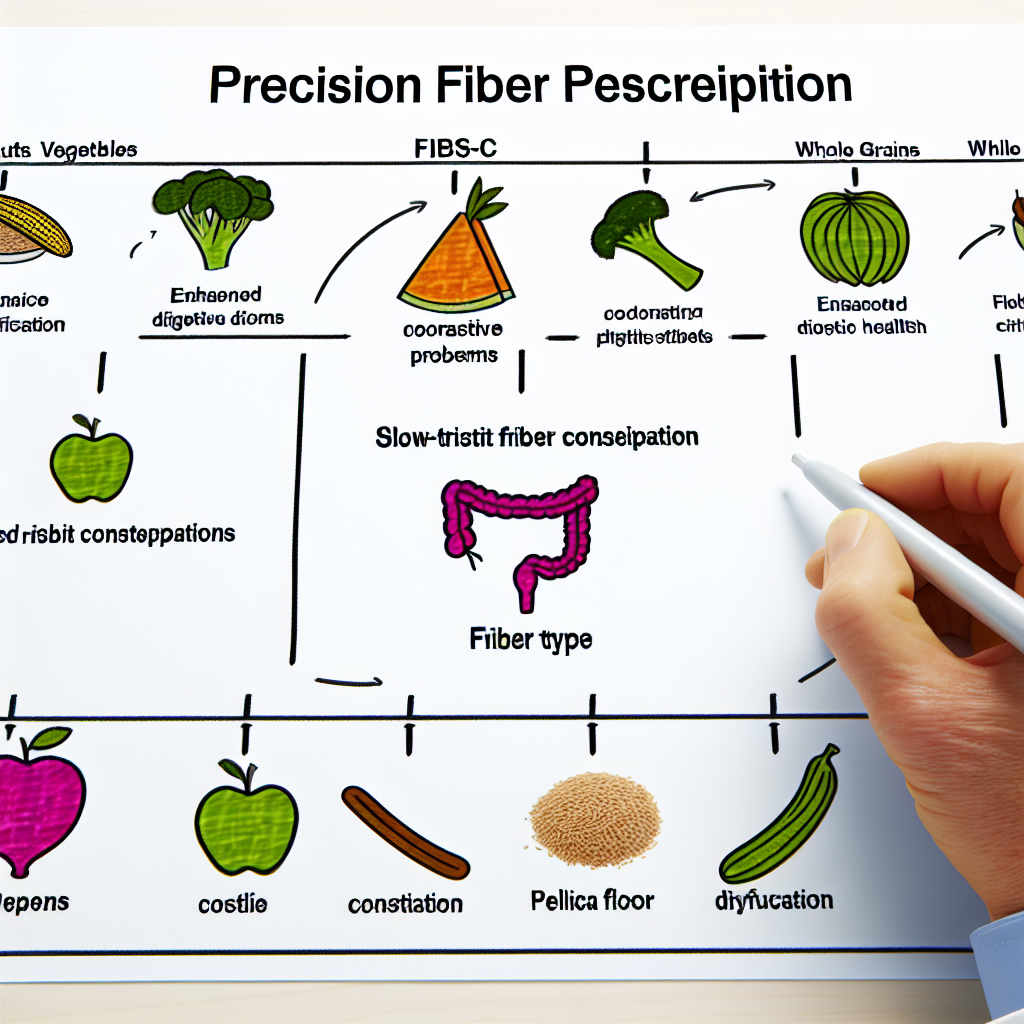How to Improve Gut Health Naturally: 15 Science-Backed Methods
Discover holistic, sustainable strategies for a healthier gut and stronger immunity—backed by modern science and rooted in nature.
Introduction: Why Gut Health is the Gateway to Total Wellness
In recent years, gut health has emerged as one of the most vital pillars of overall physical and mental well-being. The gut, often referred to as the “second brain,” is home to trillions of microorganisms—collectively known as the gut microbiome—that influence digestion, immunity, metabolism, and even mood regulation. A balanced microbiome supports the absorption of essential nutrients and helps to stave off pathogens, while an imbalanced one can contribute to a variety of chronic conditions, from irritable bowel syndrome (IBS) and leaky gut syndrome to obesity, depression, and autoimmune diseases.
While antibiotics, dietary changes, and probiotic supplements are common approaches to managing gut health, natural and herbal solutions have gained significant attention for their efficacy and sustainability. These plant-based remedies offer gentle, long-term support for nurturing a diverse and resilient microbiome—without the harsh side effects associated with synthetic medications.
Understanding how to optimize your gut health using natural, science-backed methods is not only empowering, but also essential in an era marked by rising digestive disorders and stress-induced inflammation. More and more individuals are turning toward preventative strategies—particularly those rooted in traditional medicine integrated with modern clinical research—to reclaim the health of their gut through diet, lifestyle modification, and herbal supports.
This comprehensive blog post explores 15 proven strategies to naturally improve gut health, drawing upon both ancient traditions and current scientific insights. From fermented foods and prebiotic-rich fibers to herbal adaptogens and stress reduction techniques, every method discussed has shown measurable benefits in enhancing gut flora diversity, reducing inflammation, and restoring gut wall integrity. Whether you’re new to the world of natural wellness or looking to deepen your gut-healing regimen, these strategies offer a foundation for healing the gut the way nature intended.
The Science Behind Natural Gut Health Remedies
The growing body of research in gut microbiology has provided compelling insights into how natural remedies support gastrointestinal health. Numerous clinical studies have validated the benefits of holistic and plant-based interventions in fostering a diverse and well-balanced microbiome.
A landmark study published in Nature in 2018 showed that dietary diversity, especially in whole plant foods, is directly correlated with microbiome diversity. Researchers found that individuals who consumed over 30 types of plant foods per week had significantly healthier gut flora than those who ate fewer plants. This diversity supports the proliferation of beneficial bacteria and enhances resistance against pathogenic microbes.
Another study published in Cell in 2021 demonstrated that a 10-week diet rich in fermented foods led to increased microbiota diversity and reduced inflammatory markers in healthy adults.
In the herbal domain, Ayurvedic and Traditional Chinese Medicine (TCM) practitioners have long used plant-based treatments for gut-related symptoms. Modern research echoes this wisdom. Licorice root (Glycyrrhiza glabra), for example, has demonstrated anti-inflammatory and mucosal-soothing properties in studies related to gastroesophageal reflux disease (GERD) and peptic ulcers. Deglycyrrhizinated licorice (DGL) is often recommended by naturopathic professionals for easing irritation in the gut lining.
Another herb, slippery elm (Ulmus rubra), contains mucilage that has been clinically shown to coat and protect the stomach and intestines. This soothing action can be beneficial in patients suffering from IBS and inflammatory bowel diseases.
Additionally, stress plays a crucial role in shaping gut health. According to Harvard Medical School, chronic stress can alter the gut-brain axis, impacting motility, enzyme secretion, and microbial diversity—all contributing to GI distress. Natural stress reducers such as adaptogenic herbs (ashwagandha, holy basil), mindfulness, and regular physical activity can recalibrate the nervous system and positively influence gut function.
15 Proven Ways to Naturally Improve Your Gut Health
Here are 15 easy-to-implement strategies to naturally restore and maintain a healthy digestive ecosystem:
1. Consume Fermented Foods
Include yogurt, kefir, tempeh, miso, and fermented veggies (like kimchi and sauerkraut) daily to flood your gut with beneficial probiotics and enzymes.
2. Eat a Variety of Plant Foods
Aim for 30+ types of plant-based foods per week. Diversity equals strength in your gut flora.
3. Increase Prebiotic Fiber Intake
Fuel good gut bugs with prebiotics found in garlic, onions, leeks, bananas, and asparagus.
4. Try Herbal Teas
Peppermint, ginger, and chamomile teas soothe the digestive system and help reduce bloating and cramping.
5. Take Deglycyrrhizinated Licorice (DGL)
A gut-soothing extract that promotes GI healing without affecting blood pressure.
6. Add Slippery Elm or Marshmallow Root
These mucilaginous herbs coat and protect the intestinal lining, relieving symptoms of IBS and inflammation.
7. Include Bone Broth
Rich in collagen and amino acids like glutamine, bone broth strengthens the gut lining and promotes healing.
8. Practice Stress Management
Incorporate meditation, yoga, deep breathing, and adaptogenic herbs like ashwagandha and rhodiola into your routine.
9. Hydrate Adequately
Water supports motility, enzyme production, and nutrient absorption.
10. Avoid Antimicrobials Unless Truly Necessary
Frequent antibiotic use and over-sanitization can disrupt your microbiome balance.
11. Limit Processed and Sugary Foods
Refined foods encourage the growth of harmful bacteria and yeast in the gut microbiome.
12. Sleep Well
Quality sleep regulates hormone levels and supports overnight gut repair.
13. Chew Thoroughly and Eat Mindfully
Proper mastication kickstarts digestion and helps prevent bloating and discomfort.
14. Exercise Regularly
Movement increases gut motility and encourages microbial diversity.
15. Consider a Natural Probiotic Supplement
If food-based probiotics aren’t enough, a high-quality, multi-strain probiotic supplement can help restore your gut flora, especially after illness or antibiotic use.
Conclusion: Natural Gut Health is Foundational Health
Cultivating better gut health doesn’t require drastic interventions—often, the most effective solutions come from nature. By applying these 15 science-backed strategies, you can support a well-balanced microbiome and foster long-term digestive well-being.
Whether you’re sipping on gut-calming teas, increasing your fiber intake, eating more fermented foods, or learning to manage stress more skillfully, these natural methods offer a holistic, sustainable pathway to feeling your best every day. As research continues to unveil the powerful relationship between gut flora and systemic health, nurturing your digestive system naturally is no longer just an alternative approach—it’s a foundational one.
Summary: This comprehensive guide explores 15 proven, science-backed strategies to naturally improve gut health, including consuming fermented foods, increasing prebiotic fiber intake, trying herbal remedies, managing stress, and more. By applying these holistic methods, you can support a diverse and resilient microbiome, reduce inflammation, and foster long-term digestive well-being.
References:
– Nature Microbiology
– Cell: Fermented Foods & Microbiome
– Molecular and Cellular Biochemistry: Licorice Root Study
– Journal of Alternative and Complementary Medicine
– Harvard Health: Stress & Gut Connection

Dominic E. is a passionate filmmaker navigating the exciting intersection of art and science. By day, he delves into the complexities of the human body as a full-time medical writer, meticulously translating intricate medical concepts into accessible and engaging narratives. By night, he explores the boundless realm of cinematic storytelling, crafting narratives that evoke emotion and challenge perspectives.
Film Student and Full-time Medical Writer for ContentVendor.com




